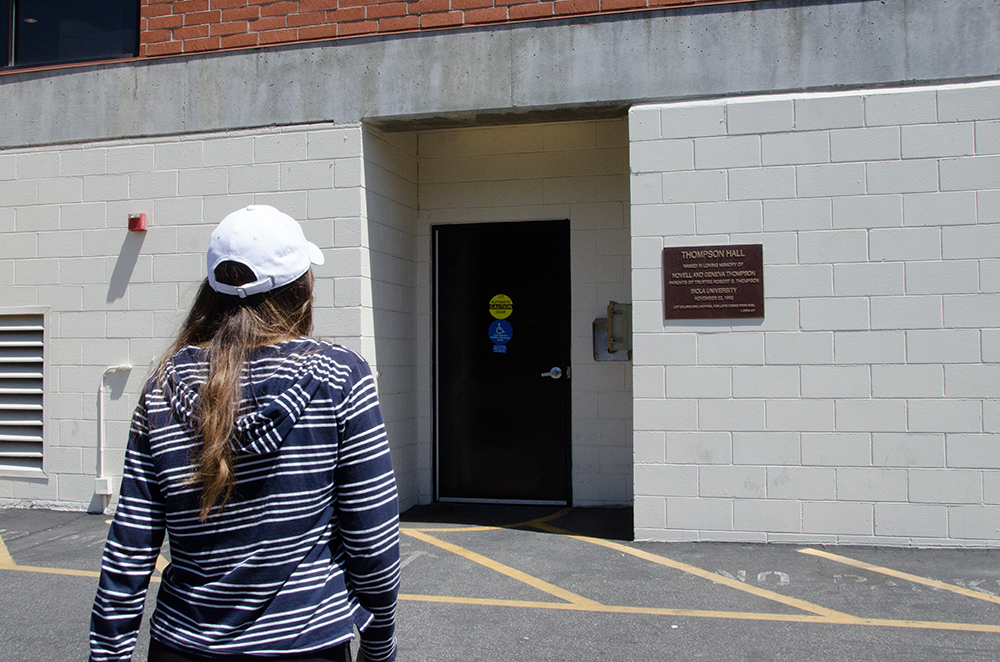With so many upperclassmen applying for Biola-owned apartments, many have not received the housing they want. With 800 applicants this year and only 391 students receiving an apartment, students should be given more opportunities to live in their desired housing situation.
ALLOTING RESOURCES
Biola once leased apartments at nearby McComber Creek. Even though this was many years ago, according to Heidi Herchelroath, housing manager, this should continue as an option for current students to accommodate the massive amounts of students seeking to live off-campus in a Biola-owned building. Herchelroath mentions these were leased for graduate students and not undergrads. Housing on-campus is always available to students, but with a massive want for off-campus housing, at least 75 percent of students who apply should be able to get Biola-owned off-campus housing.
Biola must allot resources to the demand for apartments. Building Blackstone to create fewer designated triples instead of purchasing off-campus housing shows a lack of understanding of what students want when choosing housing. Living in a triple bedroom on campus for two years in order to have a better chance to get into a Biola-owned apartment would have much more appeal than the current situation.
KEEPING THE COSTS LOW
Improvements were made to the off-campus housing raffle, including seniors receiving priority based on credits. This is a step forward in allowing most seniors to live in Biola-owned apartments. However, even with these improvements, not all seniors are guaranteed a spot and it is highly unlikely juniors will be selected for an apartment if they have no senior roommates. Biola could solve this dynamic by owning more apartments.
Keeping costs low while providing the best living experience for students is another of Biola’s top priorities when expanding undergraduate housing situations. But when building Blackstone, they created more on-campus housing to lower designated triple rooms when more Biola-owned apartments should have been bought and made available for off-campus students.
A NEED OR A WANT
Herchelroath said, “apartments are a want not a need for the Biola family.” This is something many students should not hear when paying thousands of dollars a year to attend Biola only to be denied their desired housing. Allowing off-campus housing costs to be higher than on-campus housing would be worth it and allow Biola to keep on-campus costs low.
“We already have a lot of debt in the buildings that are already existing,” Herchelroath said. This is the main reason Biola-owned housing is not more vast and open to students – debt prolongs expansion off-campus. This is understandable, but there are other ways of simplifying the raffle process while offsetting the debt. Raising the prices of off-campus apartments would lower their appeal and create a more reasonable raffle process by causing fewer students to apply for off-campus housing
Knowing housing on-campus remains available to the students is a positive housing option for Biola. But on-campus housing is not the issue. Biola should expand off-campus housing for students to receive the housing they want. If that means that students must pay more to receive it, then it is an expense that students should pay for the housing they desire. Understanding the costs of owning an apartment complex means the housing department should listen to the students’ massive want for more off-campus housing options.







